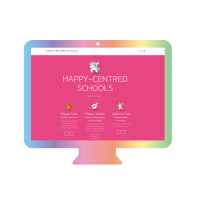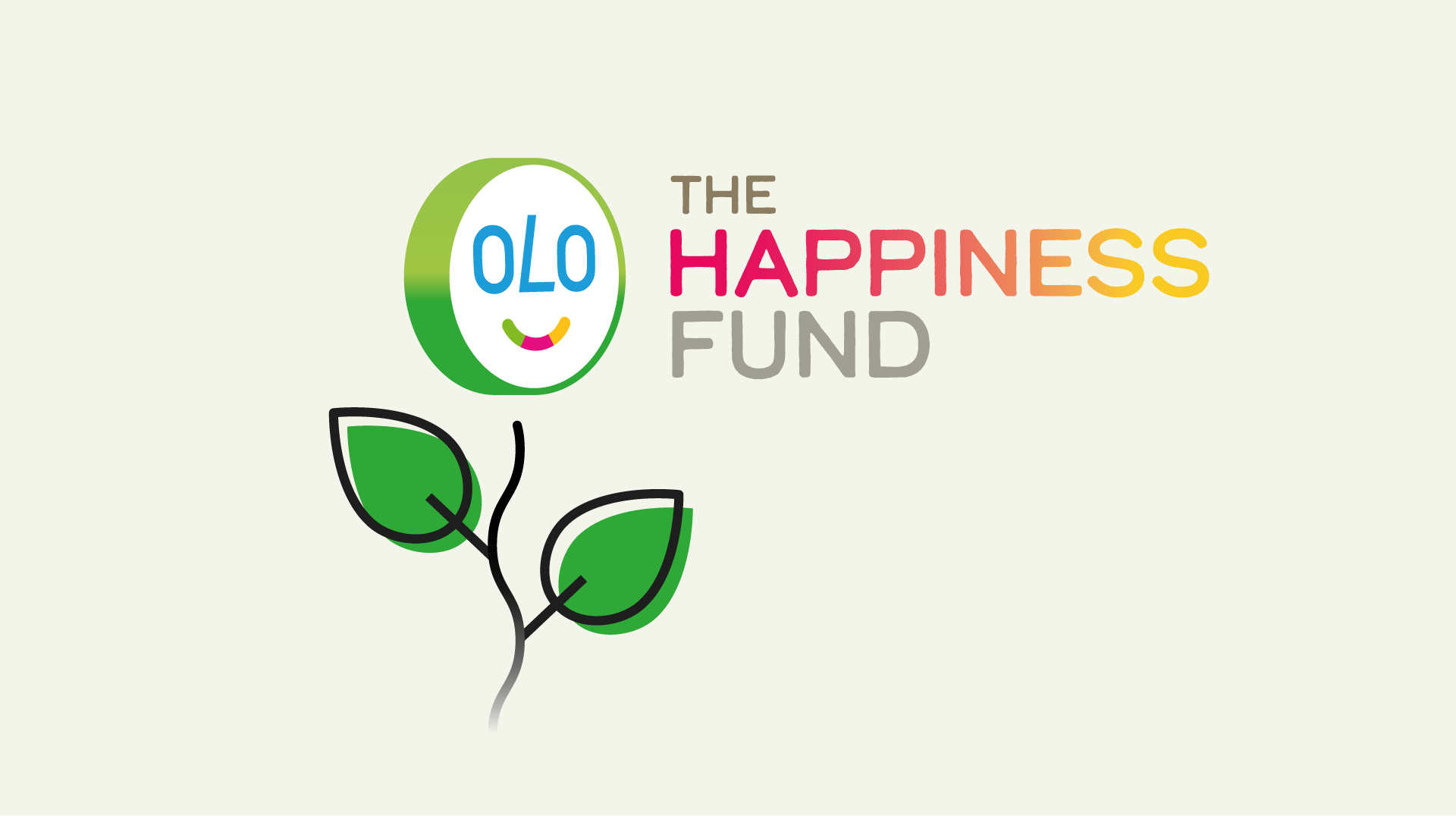How has the pandemic helped early career teachers develop their teaching skills?

Early career teachers, a.k.a. the class of 2021, are currently graduating and securing their first teaching jobs after what’s been a funny (if not always fun) year of teacher training.
But, as twitchy headteachers needing to employ new staff are asking, are they ready to be let loose on their own? Especially as they have:
- Not being able to work with a range of different children and staff, in different schools, due to ‘bubbling’
- Only seen a handful of children, in the same room as them, for much of the year
- Watched, from a distance, as parents cracked on with home-schooling
In my opinion, yes, the vast majority of early career teachers are ready. Not despite the COVID-19 limitations they’ve faced, but because of them. Here’s why…
When early career teachers were a bunch of tossers
I qualified as a teacher about a hundred years ago, having done a four-year B.Ed honours degree. Four years that could have easily been condensed into two, and included silliness such as a science lecture where we chucked sycamore seeds down two flights of stairs.
All the while, other students from ‘more serious’ courses walked past calling us tossers. At the time, I took this as a bit of an insult but, in hindsight, maybe they were just commenting on our throwing styles?
The learning that I most enjoyed at uni was on teaching placements and doing in-school projects. But nothing compared to my first year of teaching as, I’m sure, most people will tell you. Embarking on a steep learning curve, new teachers truly begin to understand what the job is all about and, hopefully, love it.
So, in that respect, the class of 2021 are no different to all of those who’ve gone before. They’ve done their apprenticeship – albeit an unusual one. And now they are about to start earning their stripes.
What they do have, far more than the class of 2019 or even the class of 1999, is that ‘unusual’ experience, which may have helped them bring a more mature skillset to their first year of teaching.
But what are those skills exactly?
Flexible thinking
I’d like to think that most teachers are creative thinkers; coming up with lots of different ways that they can help little Johnny to master algebra.
However, everyone’s had to be far more adaptable this year in terms of how they use technology; how they teach some kids in the classroom, while the rest are on a screen; how they keep everyone safe – both physically and emotionally.
Communication skills
As we haven’t had as many little chats with people ‘in the flesh’ over the past year, we’ve had to hone other communication skills. Maybe that's been reading an angry email from a parent and responding in a calm and kind way, or having parent-teacher consultations via video and picking up on what’s not being said. Maybe it’s been weekly pastoral phone calls with families, helping them to cope.
Even if NQTs haven’t had the opportunity to do all of the above, hopefully the teachers they’ve been with have shared what they’ve been doing and modelled great behaviours.
Resilience
The best bit about going to uni is, for most of us, the social side of things. Making new lifelong mates, having a laugh (or a cry) over a coffee, going to the pub quiz, and then popping home to see our family for a bit of TLC and get our washing done!
Instead, this year, students had to self-isolate in their halls, put up with a virtual cuppa and an online game, and see their parents from the end of a driveway – without a hug to be had.
Sadly, some will have found this really hard and possibly put their studies on hold for a while. But, for those that made it through, they’re likely to be more resilient than their predecessors when entering the big bad world of work.
Of course, the class of ’21 will need support in their first couple of years of teaching - as all NQTs and early career teachers do. Things that they’re likely to find trickier are usually the same aspects of the job that more experienced colleagues could also do with a recap and reminder about.
After their COVID-influenced training, some of the things that NQTs (and everyone else) might need support with include:
- Developing relationships to improve their behaviour management skills
- Understanding and meeting the needs of all children in their class (including those with Special Educational Needs, English as an Additional Language and those eligible for Pupil Premium Grant funding)– bringing out the best in every child
- Creating a happy and emotionally secure classroom
- Understanding how and why sycamore seeds behave as they do, when being thrown down a stairwell by a bunch of tossers!
At Laughology, we’re always happy to help schools with their learning and development needs. We’re definitely not a bunch of tossers either...
- Created on .












































